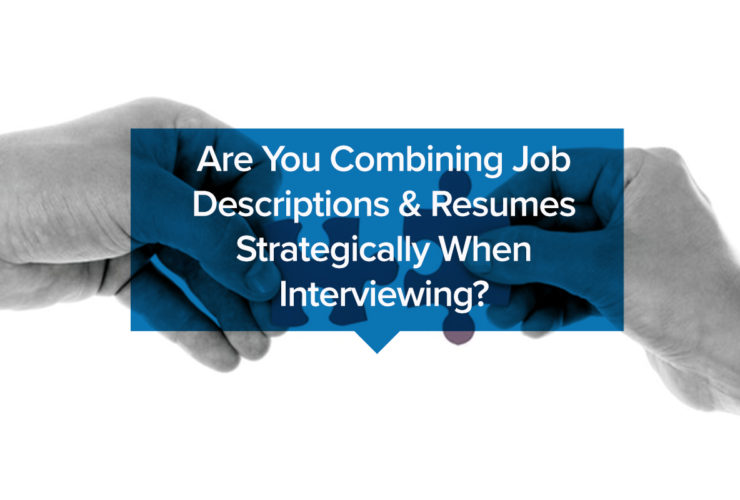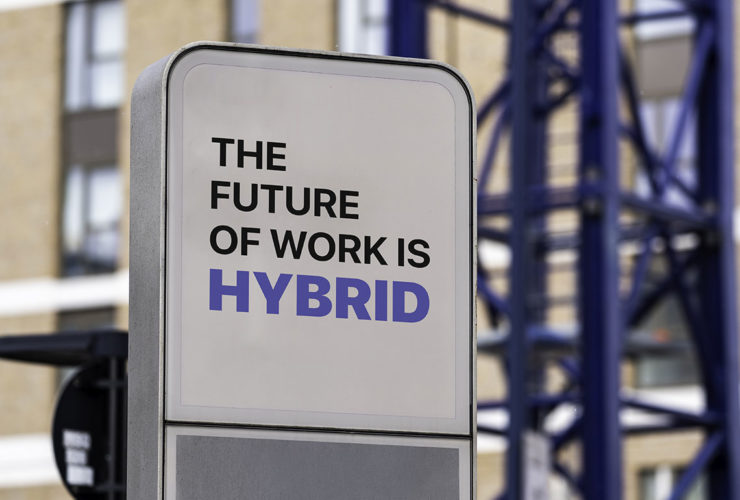Holding panel interviews, thought for decades as a time-efficient practice to qualify tech professionals, works better for some companies than others. Hiring teams long believed this to be a simplistic practice of employees interviewing applicants in a group setting, which is inline with responses we’ve received to a Twitter poll about unnecessary hiring practices. Instead of conducting multiple one-on-one interviews, panelists meet applicants (virtually in most cases today)—and evaluate the people they could be working with at once.
If you’re considering modifying the tech panel interview step in your hiring process, it’s important to consider the pros and cons.
Technical Panel Interview Pros
Although these interviews are conducted in a formal setting, it is ideal that they are also conversational. Panel interviews are great opportunities to demonstrate a culture of respect within the company around diversity of mindset between prospective co-workers. A technical interview must be conducive to dialogue and should never be one way. Use world class interview methodology such as SCOPE, a technical project based interview, grounded in decades of scientific research and makes good business sense.
A less biased selection of candidates should also be good for employee morale. Though bias cannot be fully eradicated—as panel interviews involve people who differ in opinions and positions—said format can help keep the hiring process’ objectivity in-check. Tech panelists get a clear, first-hand account of candidate experience and competence. Employee morale increases when the panel identifies and agrees the options for potential hire have promise. Panel interviews allow future co-workers an opportunity to interact directly pre-hire instead of through second-hand information. Oftentimes, panel interviews commonly use set rubrics to help interviewers objectively score their candidates.
Aside from project based technical interviews and rubrics, panel members with relevant skills contribute useful insight when assessing candidates. An article called ‘The 3-Step Software Developer Hiring Process’ from Medium points out tech panels use scenario based interview questions to probe applicant technical acumen and assess soft skills like capacity to learn or critical thinking.
However, a tech panelist who is a role and/or tech stack match is required to confirm and continue to expound on candidate fitness for the open position. Any business with gaps in available expertise should seek a trusted interview service partner to guide these conversations.
Cons for Technical Panel Interview
One major disadvantage of panel interviews lies in scheduling delays that extend the hiring process by days or weeks. Interviewing is not anyone’s full-time job. Already over-extended panel members lose an average of two hours productivity per candidate for the first round technical interview. This includes distractions associated with scheduling, preparing an interview agenda for the job, reviewing the candidate’s resume, conducting the conversation, summarizing interview performance. More time may also be needed if the panel interview involves paired programming exercises, reviewing code challenge results, or additional rounds of technical panel interviews. Multiply that times the number of candidates and the departmental bottomline sees significant disruption.
Another con of panel interviews? False negative results caused candidate anxiety or bad experience with an ill-trained interview panelist. Facing multiple interviewers—from team leads to executives—can turn even a high-functioning professional into a bundle of nerves. North Carolina State University’s piece on tech interview anxiety notes that stressful setups, like solving problems and explaining it to a panel, can overlook a candidate’s competency. Interview panels who grill candidates only on conceptual theory, versus understanding competency through past experience, also put potential hires under duress unnecessarily. Rejecting people from the tech recruiting cycle based on panel presentations or conceptual Q&A alone can result in the loss of solid software engineers or business analysts, for example.
During a panel interview, a risk of people bringing up protected class topics may occur. The interview agenda must stick to questions about a candidate’s professional history and ideally relate to the job opening at hand. This means no intrusive questions about their personal life, race, sexual orientation, or family background among other key points mandated by law. All interview panelists need training to stay above board legally when leading panel interviews.
Furthermore, discriminatory hiring practices can result in a bad hire. In fact, Maryville University’s guide to risk management specifies that many hiring processes are prone to discriminatory practices and are highly likely to miss out on the right candidate due to prejudice. Some of these bad practices include making hiring decisions based on factors outside the job requirements like sex, gender, and race or on initial impressions like if they arrive late.
Given all the cons and an economic understanding of their impact, why do companies continue to invest in tech panel interviews? Talking peer to peer is THE best way to identify quality candidates attracted to the role by talent acquisition (TA) experts during the hiring process. Every company may define quality a tad differently, but essentially this means weeding out false positives from exaggerated resumes, separating the pretenders from the contenders, and identifying fraudulent behavior like proxy respondents or bait & switch candidates
Some of your tech team may even refuse to be a part of interview panels because of the frustration experienced in the past while participating in the hiring process. Keep reminding those tech experts their insight and first-hand experience in the role ultimately are required to confirm the candidate and their skillset is genuine.
Don’t have the time, training, or bandwidth to conduct technical interviews with an internal panel of tech experts? Engage eTeki’s vast, global talent pool of tech interview experts on-demand with a single click.
Written by Riva Juno
Submitted to eteki.com







